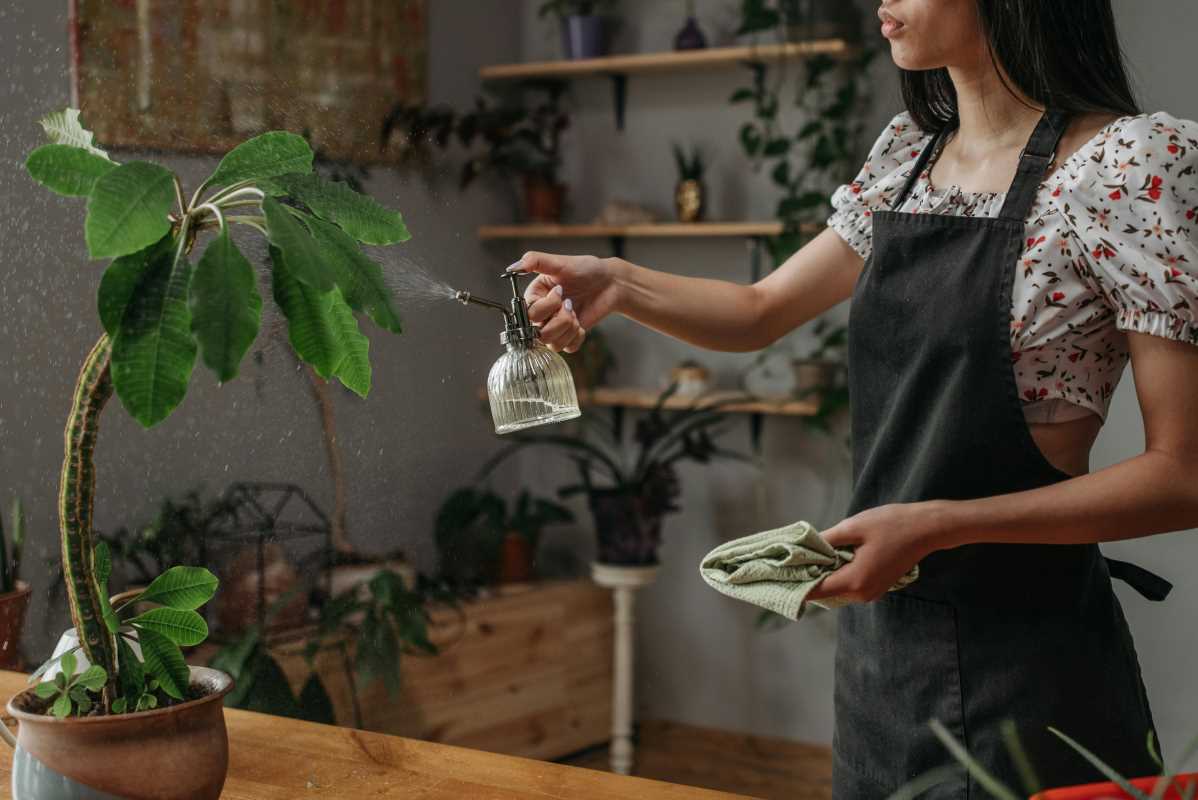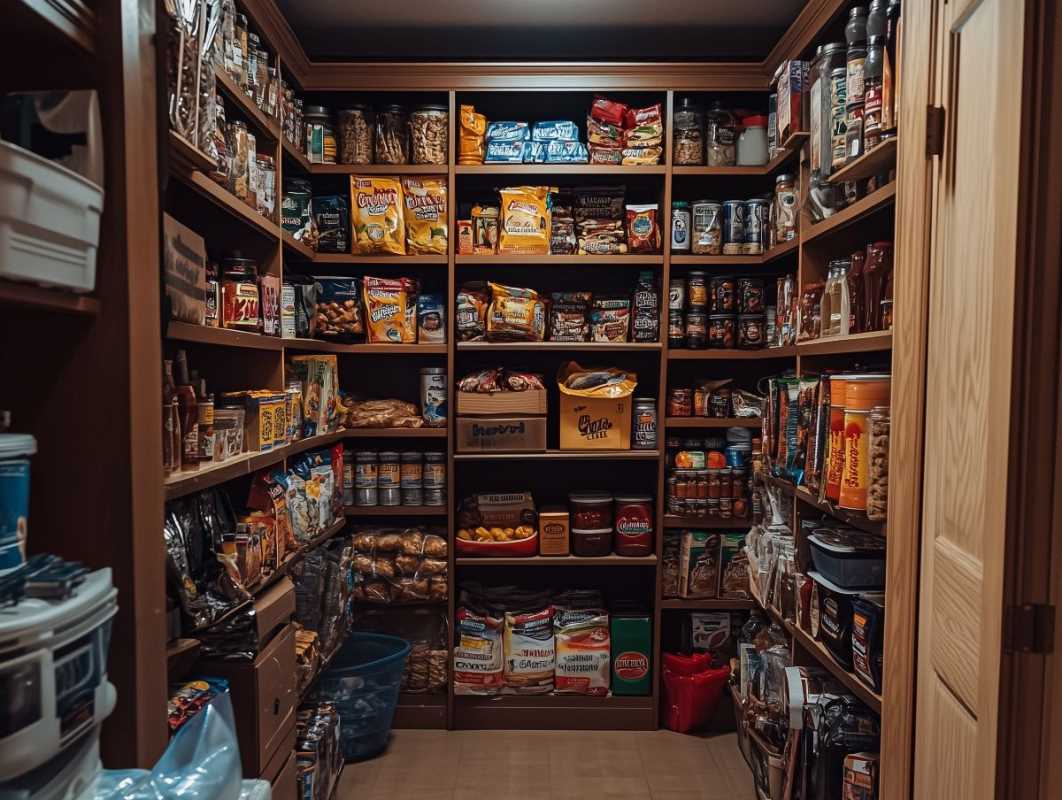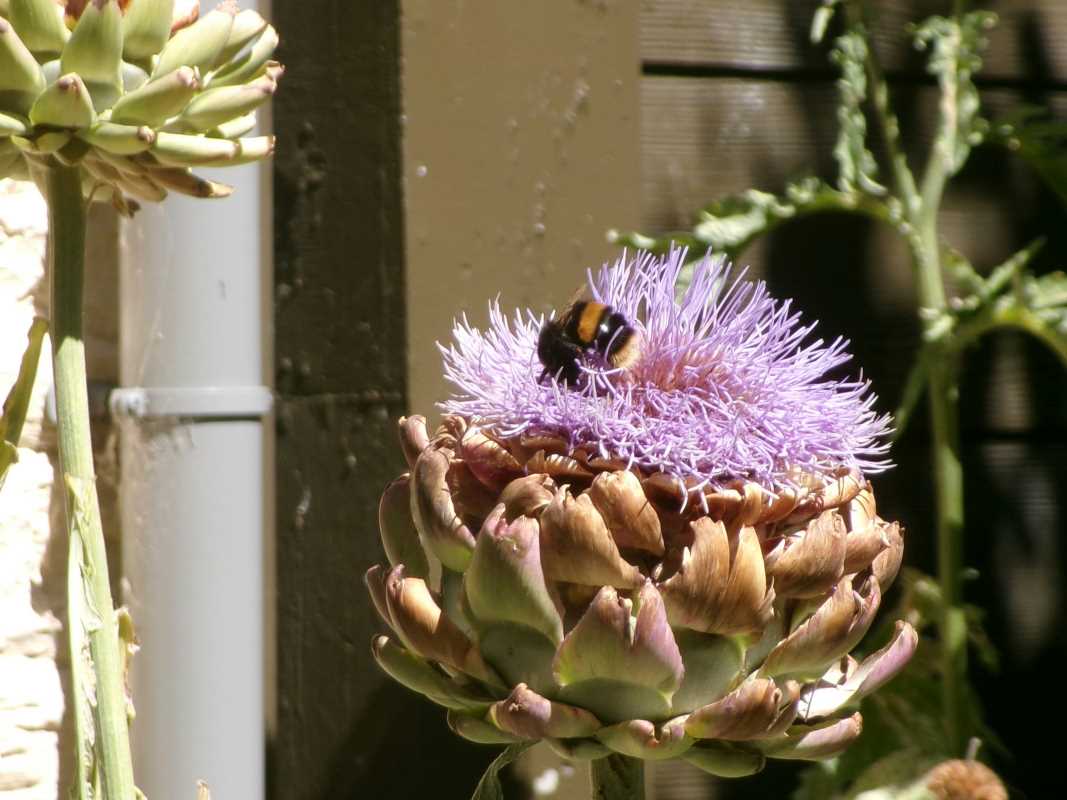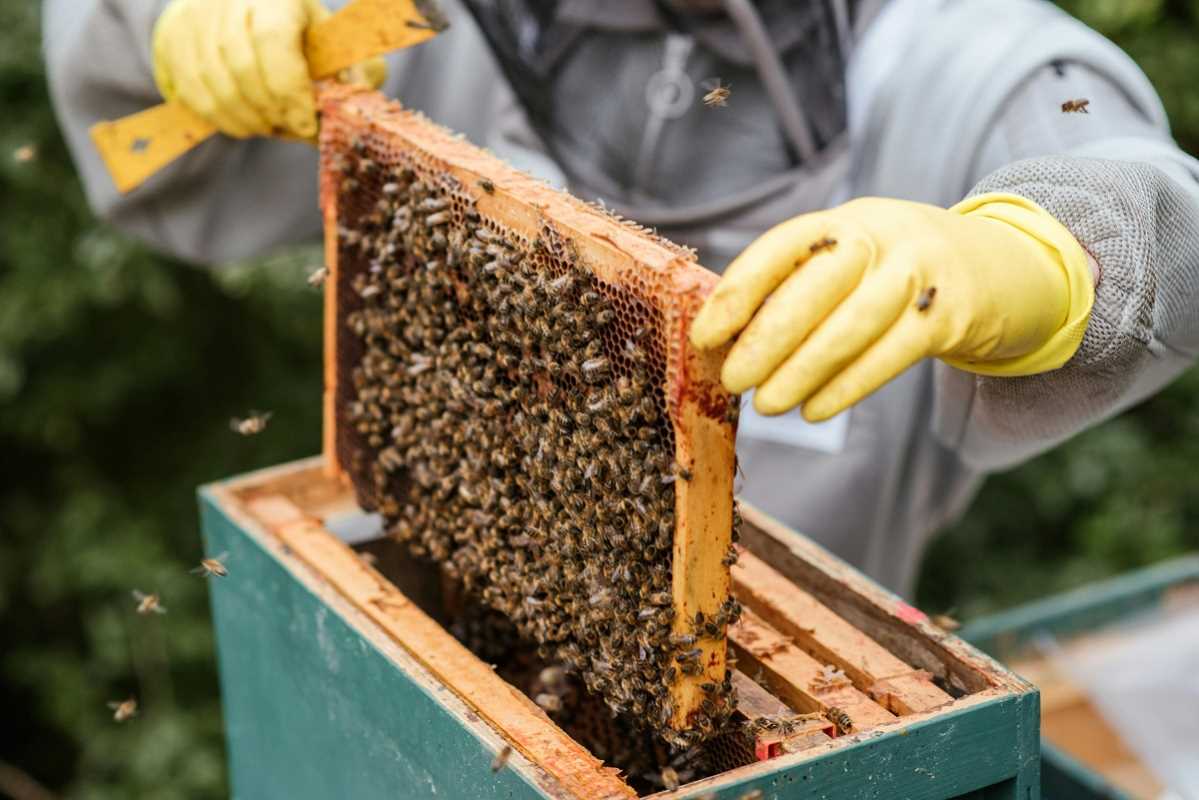Every day, we rely on countless products to help us get through life’s routines, from brushing our teeth to prepping lunches and grocery shopping. Many of these items, while convenient, are made from single-use plastics or other materials that come with a heavy environmental cost. But what if you could make a few simple swaps that save money, reduce waste, and are better for the planet?
Transitioning to eco-friendly alternatives doesn’t have to be overwhelming. By gradually replacing everyday items with sustainable options, you can create habits that have a lasting positive impact on the environment. Here’s your guide to swapping common household items for greener, more sustainable ones.
Why Swap for Eco-Friendly Alternatives?
Before we go into specifics, it’s helpful to understand why these changes matter. Items like plastic bottles and disposable shopping bags often end up in landfills or oceans, where they take hundreds of years to break down. Along the way, they release harmful chemicals and microplastics into our ecosystems.
By choosing alternatives made from biodegradable or reusable materials, you’re helping to:
- Reduce waste that clogs up landfills and oceans.
- Cut down on resource consumption, such as oil used in plastic production.
- Prevent pollution and protect wildlife, which often mistake plastic waste as food or become entangled in it.
- Save money over time by investing in durable, reusable products.
Even small swaps can create a ripple effect of positive change.
1. Ditch Single-Use Plastic Bottles for Reusable Water Bottles
Why Make the Swap?
Plastic water bottles are one of the most common sources of waste. Despite being recyclable, most still end up in landfills or as litter. Producing these bottles also requires significant energy and water. Switching to a reusable water bottle can eliminate hundreds of single-use bottles from your life each year.
What to Look For
- Material: Stainless steel is durable, lightweight, and keeps drinks hot or cold. Glass is another eco-friendly choice, but it may not be ideal if you’re on the go.
- Features: Look for bottles with leak-proof lids and easy-to-clean designs. Insulated models are perfect for keeping beverages at the desired temperature.
Bonus Tip
Pair your water bottle with a home water filter to ensure you always have access to clean, safe drinking water without the need for bottled options.
2. Replace Plastic Toothbrushes with Bamboo Alternatives
Why Make the Swap?
Most toothbrushes are made from plastic that isn’t biodegradable, meaning they’ll sit in landfills for centuries. Bamboo toothbrushes, on the other hand, are made from natural, sustainable material that breaks down much more quickly.
What to Look For
- Sustainably Grown Bamboo: Opt for toothbrushes made from bamboo harvested without deforestation.
- Compostable Handles: After their lifespan, bamboo brushes can often be composted (just remove the bristles).
Pro Tip
Consider pairing your bamboo toothbrush with a natural toothpaste powder or tablets to reduce packaging waste further.
3. Opt for Cloth Shopping Bags
Why Make the Swap?
Plastic bags, even those marketed as recyclable, are a significant contributor to pollution. Most are used only once before being discarded. A durable cloth bag can replace hundreds, if not thousands, of disposable plastic bags over its lifetime.
What to Look For
- Durable Materials: Cotton and canvas bags are sturdy and washable. Consider jute bags for a natural, rustic touch.
- Compact Design: Look for foldable bags that are easy to keep in your car or backpack, so you’re never caught without one.
Added Benefits
Many stores now offer small discounts for customers who bring their own bags, so this swap can save money with each grocery run.
4. Use Beeswax Wrap Instead of Plastic Wrap
Why Make the Swap?
Plastic wrap is a single-use product that contributes significantly to plastic waste. Beeswax wraps, made from natural fabric coated in beeswax, are reusable and biodegradable. They’re perfect for wrapping sandwiches, covering bowls, or storing produce.
What to Look For
- Handmade or Locally Produced Options: Many small businesses sell beeswax wraps with charming designs.
- Plant-Based Variants: For vegans, there are plant-based wraps made from soy or candelilla wax.
How to Extend Their Life
Wash your beeswax wraps in cool, soapy water and air-dry them. With proper care, they can last up to a year before needing replacement.
5. Swap Paper Towels for Cloth Alternatives
Why Make the Swap?
Paper towels are convenient, but producing and disposing of them consumes a lot of resources. Reusable cloth towels or “unpaper towels” are a waste-free option that can handle spills, clean surfaces, and even serve as napkins.
What to Look For
- Absorbent Fabrics: Cotton and microfiber are excellent choices for cleaning up moisture and messes.
- Versatility: Choose towels that can be used in multiple ways to reduce household waste even further.
Bonus Tip
Repurpose old T-shirts or linens into cleaning rags for a zero-cost solution.
6. Replace Disposable Food Storage with Sustainable Containers
Glass Jars and Containers
Glass is an excellent alternative for food storage. It doesn’t absorb odors or stains, lasts for years, and is fully recyclable. Mason jars can be used to store pantry goods, carry lunches, or even freeze soups.
Silicone Bags
Food-grade silicone bags are a fantastic swap for plastic zipper bags. They’re reusable, durable, and easy to wash. Use them for snacks, marinating food, or even sous-vide cooking.
Stainless Steel Containers
For packed lunches or leftovers, stainless steel containers offer durability and a sleek, modern look.
7. Eco-Friendly Cleaning Products
Concentrated Cleaners and Tablets
Many cleaning products come in disposable plastic bottles, but concentrated tablets or solutions paired with reusable bottles are an excellent alternative. Simply dilute the product with water according to the instructions, and you’re ready to use it.
Natural Cleaning Tools
Replace your synthetic sponges and plastic dish brushes with natural alternatives. Loofahs, wooden brushes, or coconut fiber scrubbing pads are biodegradable and often perform just as well, if not better.
DIY Cleaning Solutions
You can also make your own cleaning sprays using simple ingredients like vinegar, baking soda, and essential oils.
Where to Source Eco-Friendly Products
- Local Shops: Check farmers’ markets or eco-focused stores for unique, handmade sustainable products.
- Online Retailers: Sites like EarthHero, Package Free Shop, or Made Trade offer curated selections of eco-friendly alternatives.
- DIY Solutions: Look for online tutorials to create your own reusable wraps or upcycled storage options, which can be both sustainable and budget-friendly.
 (Image via
(Image via





